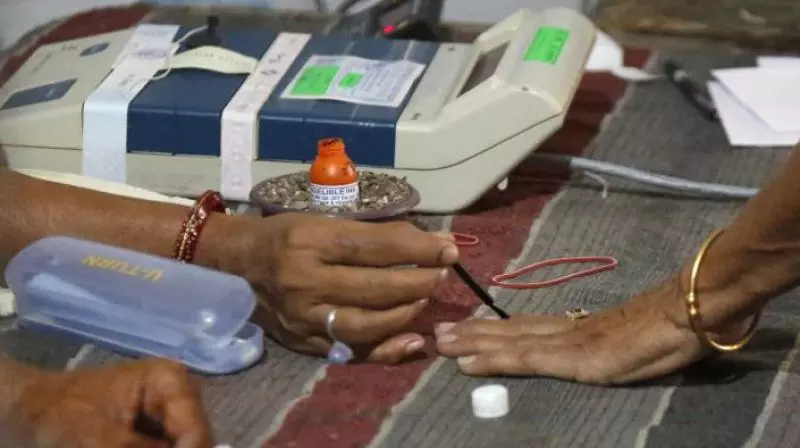DC Edit | If J&K is back to ‘normal’, why the delay over polls?

The latest placebo on Jammu and Kashmir is a feel-good video from there showing legendary cricketer Sachin Tendulkar playing gully cricket in Gulmarg during his travels in the Uri sector. The Little Master charmed countless fans by playing a ball holding his bat upside down after challenging the local bowler to take his wicket. One would assume that the border state which has been in turmoil due to terrorist acts sponsored and executed by Pakistan has returned to normalcy. The people are out on the streets living their lives.
The Election Commission is under orders of the Supreme Court of India to conduct Assembly elections in Jammu and Kashmir before September 30, 2024. “We’re aware of our duties and responsibilities; there should be no delay from our side,” chief election commissioner Rajiv Kumar said on Wednesday after visiting the state. He also said most of the political parties whose representatives met the EC team in Srinagar demanded that the Assembly and the Lok Sabha polls in J&K be held simultaneously.
Both Prime Minister Narendra Modi and the Union home minister are ecstatic about the changes that have visited the state after Article 370 of the Constitution was hollowed out and the state divided into two Union territories. Mr Modi would hold that the lifting of restrictions that have come about after the overwriting of Article 370 is bringing Jammu and Kashmir new opportunities of development. Mr Shah would blame every ill, including Pakistan-backed terrorism, on that article and opine that all-round development has come to the state only after it was watered down. In short, the government is of the opinion, and would want the whole nation to believe, that Jammu and Kashmir is like any other region in India.
But the when asked if the state, which has now been reduced to a Union territory, will have an elected legislature along with the election to the Lok Sabha, the Election Commission of India offers no straight answer. A decision on the holding of an Assembly election will be taken only after a review of the security situation and feedback from all stakeholders is all that the chief election commissioner, Rajiv Kumar, has to say. The conditional offer is peppered with legal, administrative and technical constraints which include the delimitation report and the J&K Reorganisation Act, 2019.
It is time the Indian state and its various arms — the legislature, the executive and the judiciary — stop playing hide and seek with the question of restoring the democratic rights of the people of Jammu and Kashmir. Time-bound actions are needed now to install a popular government there. The Constitution envisages a maximum of six months for a state to elect a legislature. It has been almost six years in the case of Jammu and Kashmir that it is without one.
The government would want the whole world to believe that normalcy has returned to the Union territory but baulks at the suggestion of an election. The judiciary would not even want to examine if the bifurcation and change of status of the region had constitutional sanction. Taken together, there appears a pattern in the behavour of the state arms to deny Jammu and Kashmir its democratic due.

